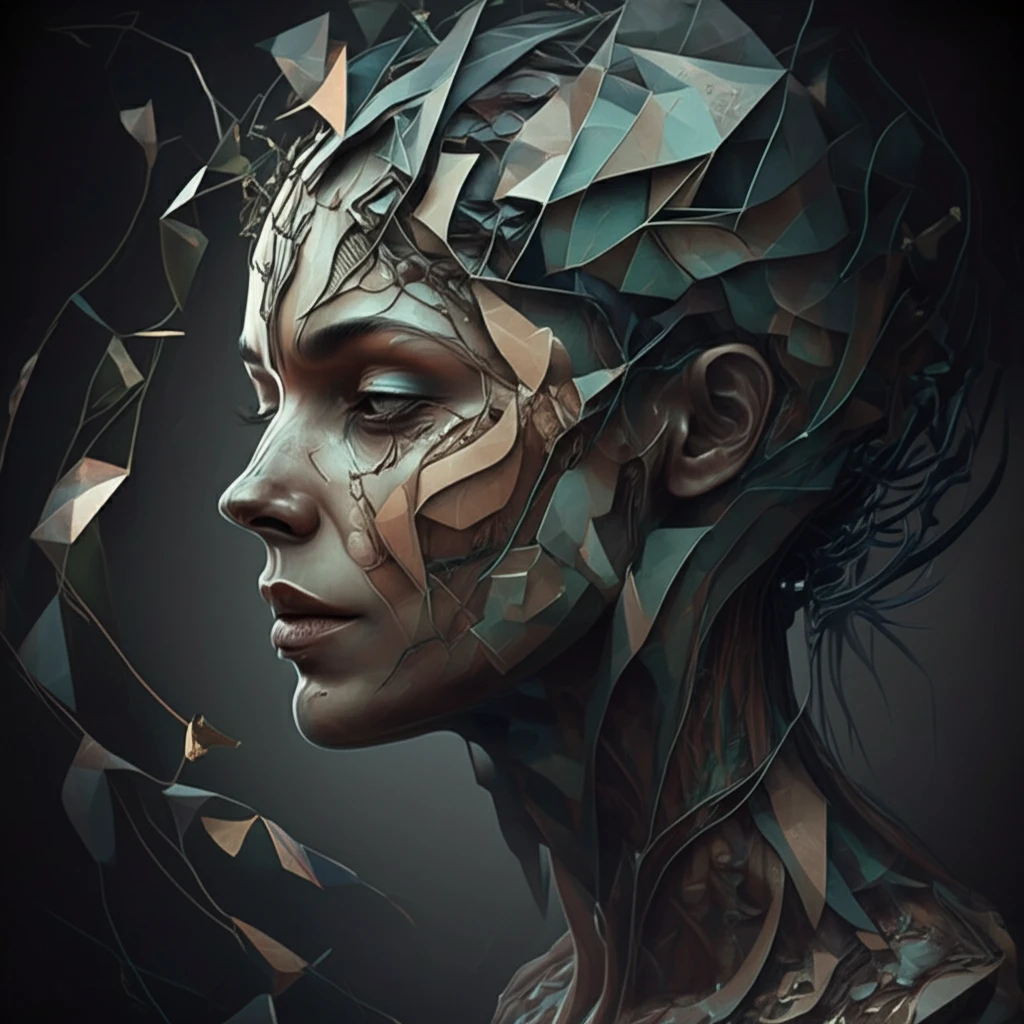
Unlocking Creativity: How Art and Mind Games Sharpen Focus and Boost Innovation
"Explore the surprising connection between experimental art, repetitive tasks, and enhanced cognitive function, revealing how these unconventional methods can sharpen focus and spark innovative thinking."
In an era dominated by rapid technological advancements and constant information overload, the ability to maintain focus and cultivate creativity is more crucial than ever. While conventional methods like mindfulness and time management are widely promoted, there's a growing interest in more unconventional approaches. Experimental art and seemingly mundane, repetitive tasks are emerging as powerful tools for sharpening mental acuity and boosting innovative thinking.
Artists and thinkers throughout history have intuitively understood the link between constraint, repetition, and creativity. By embracing limitations and engaging in repetitive actions, they've discovered new ways to break through mental barriers and access deeper levels of insight. This article explores the profound connections between experimental art, repetitive exercises, and cognitive function, drawing inspiration from figures like Bruce Nauman and Samuel Beckett.
These methods offer practical strategies for anyone looking to enhance their focus, stimulate their creativity, and unlock new dimensions of cognitive potential. Get ready to challenge your perceptions and embrace the power of the unexpected.
The Art of Constraint: Finding Freedom in Limits

Constraint, often viewed as a hindrance, can be a catalyst for creativity. When faced with limitations, the mind is forced to think outside the box, exploring unconventional solutions and forging new connections. This principle is evident in the work of Bruce Nauman, an American artist known for his performance art, video installations, and exploration of the human condition.
- Embrace Limitations: Challenge yourself with constraints to spark creative problem-solving.
- Seek Repetition: Engage in repetitive tasks to break down mental barriers and access deeper insights.
- Explore Mundane Activities: Find opportunities for creativity and mindfulness in everyday routines.
- Reframe Constraints: View limitations as opportunities for innovation, not obstacles.
Unleashing Your Inner Artist: Practical Steps for Cognitive Enhancement
By incorporating elements of experimental art and repetitive exercises into your daily life, you can unlock new levels of focus, creativity, and cognitive potential. Whether it's setting creative constraints, engaging in mindful repetition, or simply embracing the unexpected, the key is to challenge your perceptions and step outside your comfort zone. Like Nauman and Beckett, you can transform limitations into opportunities and discover the transformative power of art and mind games.
